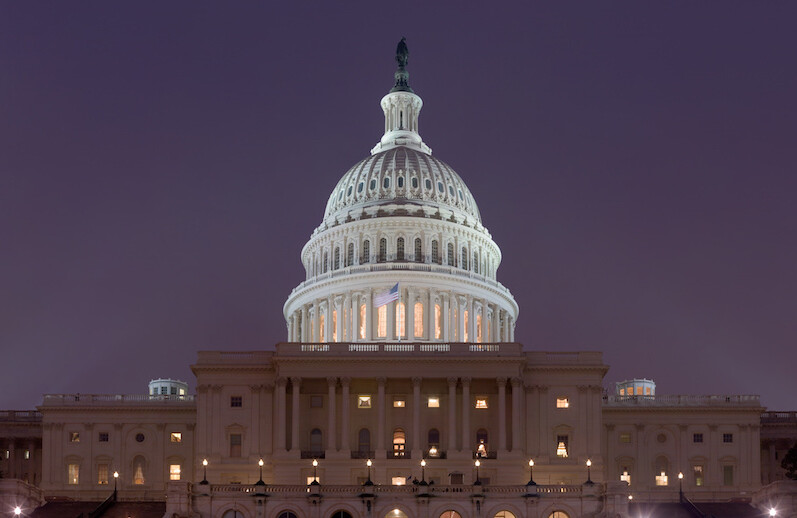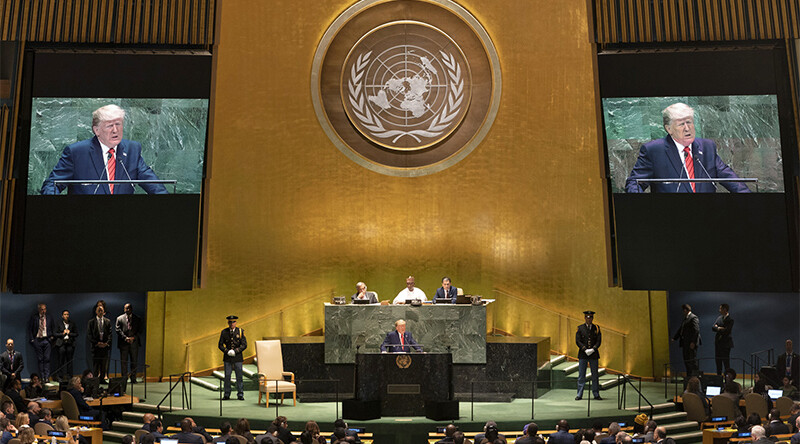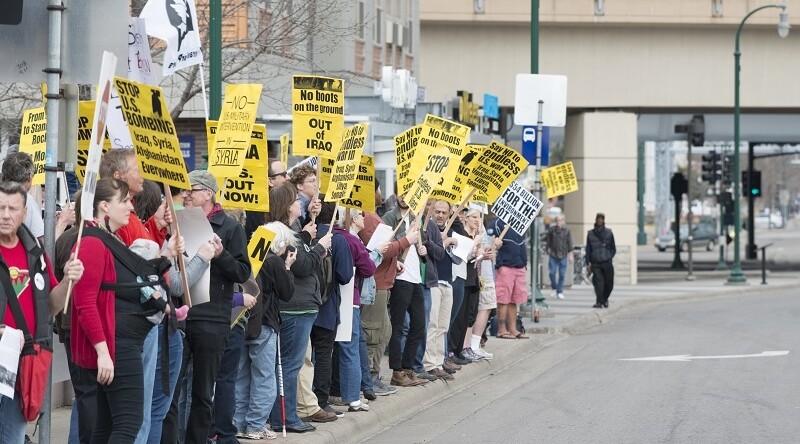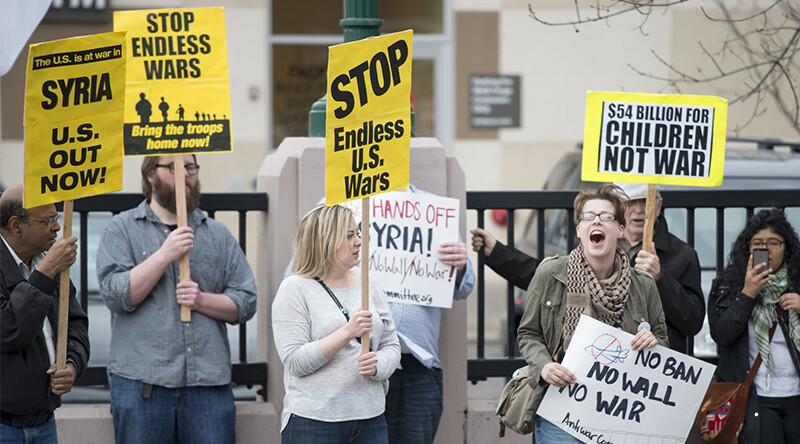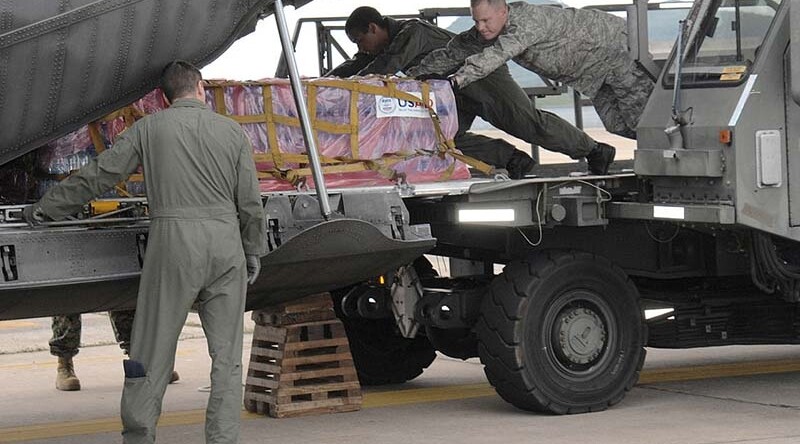This article first appeared on the Ethics & International Affairs blog.
This is an anonymous response from a person involved in the American foreign policy process, assessing the recently-released U.S. Global Engagement report, The Search for A New Narrative: Recasting American Involvement in the International System:
Are we in a moment? Ever since Trump was elected I have been trying to sort out whether we have reached a critical turning point in U.S. relations with the world or whether this is a momentary flare up (which because we are in the moment) we are over emphasizing the importance of. I keep thinking back to when I first started studying international relations in the late 1980s and early 1990s when scholars were questioning the relevance of many WWII institution and whether the United States in a post-Cold War would remain globally engaged. I remember the wide spread analysis about the meaning behind Bill Clinton, the governor of a tiny Southern state with no foreign policy experience, victory over an experienced and very successful foreign policy President, George Bush, in the 1992 election. I remember going in 1992 to NATO with a group from the UK and having NATO officials in searching voices asking us what role/mission NATO should have now that the Soviet Union was defeated and disintegrating. This was in the background when in 1991 Luxembourg’s Foreign Minister, Jacques Poos, declared "This is the hour of Europe, It is not the hour of the Americans" about the conflicts in the Balkans.
I say this not to down play the current forces causing Americans to rethink our role in the world but I do wonder if we are only looking at this from a certain angle. For example, U.S. defense spending is fairly high in comparison to its historical average in constant dollars and a lot higher than in the late 1990s. At least in the Congress support for U.S. alliances, like NATO, are deep and bipartisan very unlike the debates in the mid-1990s. In terms of public opinion support for free trade, an active U.S. role in the world, etc. has never been higher. A President would find strong public and institutional support for a renewed and more active U.S. foreign policy, if they choose this direction.
Generational Change: One thing that has struck me in speaking with young voters/citizens is they have seen nothing but failure in U.S. foreign policy. They see vast expenditures and effort in Afghanistan and Iraq with nothing to show for it. It appears to them that when the United States gets involved in the world we make things worse not better. At least on the left, younger voters have mostly negative things to say about the United States in general seeing the county as inherently racist and unjust. These voters are focused on battling their enemies at home and transforming American society and the economy into a more just system. You point out at the end of the paper that generation change will have an impact but it is still unknown how this will play out. I wonder how the next generation of military officers and diplomats will see the world.
Categories of Narratives: In reading through the categories I found it difficult to see the differences between some of the narratives you put forward. For example, what are the major differences between the "Chastened Restorationists" and the "Democratic Community?" Do they have a different view of how to confront China and the role the United States should play in the Middle East? I could make the argument that President Obama's foreign policy was much closer to the Democratic Community approach rather than the Restorationists which makes me wonder what exactly we are seeking to restore. I also think a more Conservative/Republican narrative is missing which is close to the one put forward in the NSS and the National Military Strategy. One based almost entirely on the threat China, Russia, and Iran present to the United States. A very Cold War democratic-militaristic perspective (Senator Rubio is in this camp) which includes the threat these countries pose to U.S. institutions and values.
Finally, I totally agree with your perspective that a climate (emphasize global threats vs. interstate security threats) conflicts with attempts to confront China and Russia. This was already apparent during Obama's second term when he compromised on some security issues with China in the desire to get them to on-board with the Paris climate agreement.
